Russia-Ukraine conflict has indeed wrecked havoc around the world. After Australian Prime Minister Scott Morrison and British Prime Minister Boris Johnson lost their jobs, partly due to the Ukraine war, Italian Prime Minister Mario Draghi became the third casualty who resigned on Thursday (July 14) due to a disagreement over how to respond to the war in Ukraine.
The Ukraine War has also taken its toll on the Euros, where the European Union currency hit parity with the U.S. dollar – falling to its lowest level in 20 years. Essentially, the European and American currencies are worth the same amount. Thanks to higher energy prices, the euro-zone inflation hit a record 8.6% in June, raising fears that the worst is yet to come.
The EU’s sanctions and weapons deliveries to Ukraine saw Russian retaliation by cutting natural gas supplies. As the major Nord Stream 1 pipeline from Russia to Germany closed on Monday for scheduled maintenance, the E.U. could only hope and pray Vladimir Putin would not shut off the gas taps completely, which would force EU governments to ration gas and potentially triggers a recession.
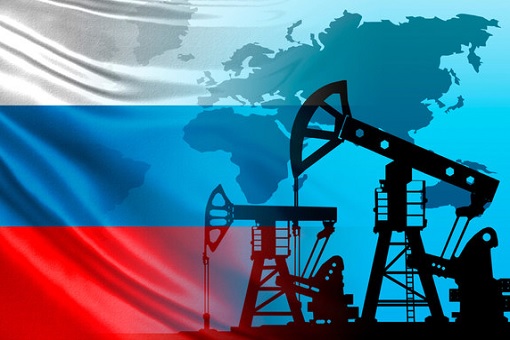
It’s only summer, yet Germany, the biggest economy in the euro-zone, has started worrying about the coming winter as it is forced to use gas in backup storage. Putin knew that the EU governments would scramble to fill underground storage with gas supplies to provide homes with enough fuel for the winter, so the Russian president pre-emptively cut off the supplies before EU could fill up its tanks.
Already, it has destroyed a nation. The Ukraine war has hastened Sri Lanka’s economic meltdown, sparking nationwide protests that eventually saw the collapse of the Rajapaksa government. President Gotabaya Tajapaksa had fled to Singapore as the country plunges into bankruptcy – runs out of money to pay for food, fuel and medicine – due to corruption and economic mismanagement.
The war, which could be avoided in the first place, is causing great damage not only to European Union and poorly managed country like Sri Lanka, but also the world’s biggest economy United States. The U.S. inflation in June hit 9.1%, rising from 8.6% recorded in May. This is the highest inflation in 40 years after January’s 7.5%, February’s 7.9%, March’s 8.5% and April’s 8.3%.
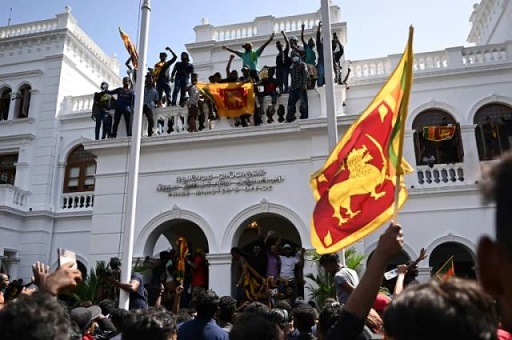
The June’s inflation increase was heavily influenced by higher food and gas prices. Clearly the interest rate hikes are not working, despite having raised the federal funds rate target by 75 basis points – the biggest hike since 1994 – on June 15 to a range of 1.5% to 1.75%. The Federal Reserve will definitely raise another 75 basis points again this month. There’s a possibility it could be 100 basis points.
Washington is panicked. Biden’s approval rating of 30% is the worst of any elected president at this point in his presidency since the end of World War II. A whopping 75% Americans believe the country is on the wrong track. The biggest issue is inflation. Bidenomic is such a disaster that the Democrats are on the right track to a huge defeat in the coming November midterm election.
In fact, Sleepy Joe is so clueless and incompetent, it makes Donald Trump looks like a genius. The economy must be really bad in the coming months for the U.S. president to travel to the Saudi Arabia – a country he called a “pariah” – and hypocritically gave a fist bump to Crown Prince Mohammed bin Salman – the man he has criticised for brutally murdered Washington Post journalist Jamal Khashoggi.
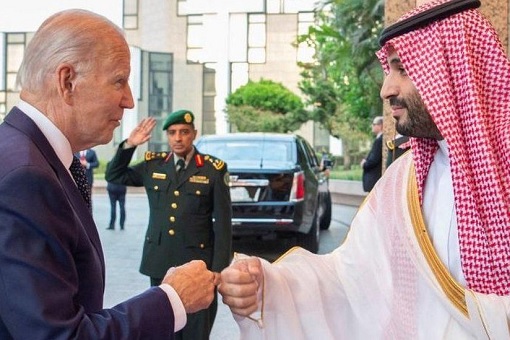
But begging the Arabs for oil will not be enough to tame the inflation. Russia holds all the trump cards. Despite the Western economic and financial sanctions, Moscow earned US$98 billion in 100 days during the current ongoing Ukraine war. Hilariously, Russian oil export revenues increased by US$1.7 billion in May to about US$20 billion despite selling less oil – 155,000 barrels per day less compared to April.
The best part is that the EU remained the main importer of Russian oil and gas in May, making up 43% of Russian energy products (China only constituted 25%). Running around like a headless chicken, U.S. Treasury Secretary Janet Yellen said the country’s inflation is “unacceptably high”. The war isn’t ending, which means the inflation isn’t going down.
Washington’s top priority is to bring down rising prices, by hook or by crook. The drums of war in Taiwan have so far failed to divert attention from Biden mishandling of the economy and inflation. The people’s priority has shifted from Ukraine to bread and butter issues – rising cost of energy and food shortages. Because the U.S. is too afraid to fight the Russians, it has to scrape the bottom of the barrel.
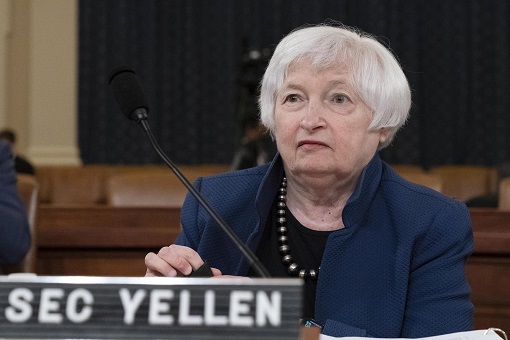
So, what else can America do? Yellen believes that price cap on Russian oil could help bring down inflation as well as to punish the Kremlin. Speaking at the Group of 20 (G20) finance ministers and central bank governors meeting in Bali, Indonesia, the U.S. Treasury Secretary said high energy costs contributed heavily to the spike in U.S. inflation, which enters its seventh month.
She revealed the new strategy – “A price cap on Russian oil is one of our most powerful tools to address the pain that Americans and families across the world are feeling at the gas pump and the grocery store right now. A limit on the price of Russian oil will deny Putin revenue his war machine needs.” But if indeed this is the most powerful weapon, why didn’t the U.S. use it against Iran or Venezuela?
Here’s how the price cap strategy works – the U.S. and other countries will form a cartel to gang-up against Putin, buying Russian oil at a price low enough just to keep Russian oil production profitable, but not profitable enough for Russia to fund its war in Ukraine. The ambitious project will try to cap the price of Russian oil at between US$40 and US$60 a barrel – about half of market price.
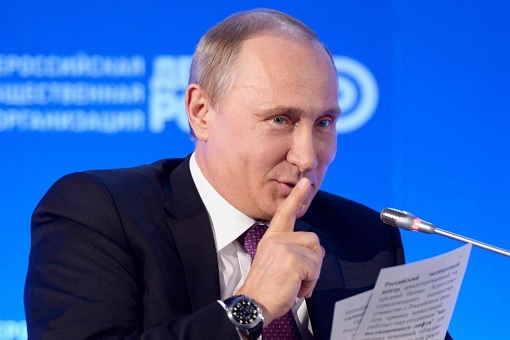
The mechanism involves imposing limits on prices by banning insurance and transportation services needed to ship Russian crude and petroleum products – unless the oil is purchased below an agreed price. The ultimate goal is to bring down the global oil prices, the key factor contributing to high inflation in the U.S. and Europe. Exactly what type of grass has Yellen been smoking?
Vladimir Putin can choose not to sell at the price set by the U.S. and its allies. Moscow can selectively sell to friendly nations like China and India, who are currently enjoying steep 30% discount. For the price cap to work, both China and India must join the bandwagon. But Beijing has already mocked the scheme, saying a price cap would be complicated and could worsen the Ukraine crisis.
The U.S. naively tries to lure largest buyers like China and India with the idea of cheaper oil if they join the cartel to punish Russia. But Beijing actually enjoys watching the U.S. and Europe getting hurt by the same half-baked sanctions that the Western powers thought could cripple Moscow, only to boomerang. Besides, both Beijing and New Delhi are already buying heavily discounted Russian oil.
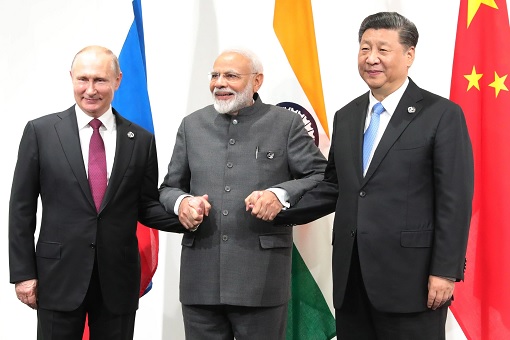
The simple fact that Putin is willing to cut gas flow by 60% to E.U. just to punish the West suggests that profit isn’t the top priority to Russia. Therefore, even if China and India agree with Yellen’s childish idea, which was first floated by Italian PM Mario Draghi, the plan could backfire spectacularly if an isolated Moscow goes nuclear and decides not to sell at all and let the world suffers.
Analysts and economists have warned that further bans could boost the commodity prices to as high as US$175 a barrel. JP Morgan warns that if Putin fires a warning shot by cutting 3 million barrels per day, the oil price would shoot to US$190. A cut of 5 million barrels could see oil price skyrockets to US$380. Looking at how the U.S. and its allies have miscalculated Putin so far, it’s absolutely dumb to think Putin will not retaliate.
You don’t need a rocket scientist to tell China and India that buying oil at current discounted US$70 a barrel is cheaper than paying US$175, let alone US$380. So, why rock the boat? Tonnes of jokes have emerged on the internet, mocking and laughing at how Europe has been shooting itself in the foot with its sanctions against Russia, hurting itself a lot more than the enemy.
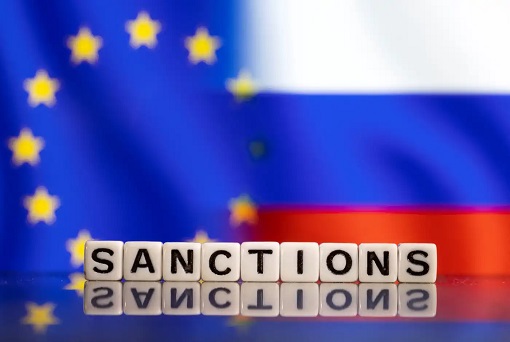
Yellen’s desperation for the price cap, comically, contradicts with the EU’s earlier plan to ban seaborne imports of Russian crude oil at the end of the year. Unless the trumpeted US$220 billion plan to ditch Russian energy was nothing but a bluff – or a terrible screw-up – because the West simply cannot survive without Russian energy, introducing a price cap does not make sense.
Indonesian Finance Minister Sri Mulyani Indrawati has poured cold water into the silly idea. She said – “Putting a cap definitely is not going to solve the problem because it is about the quantity which is not adequate, compared to the demand which is in place. That’s why President Jokowi visited the country of conflict and wanted the war to end, because that is the source of the problem.”
In addition to convincing China and India, the U.S. has to also persuade OPEC+ to turn against their partner Russia, something that is easier said than done. The Arab world does not care about the Europeans or the Americans as long as they are making money. And the Arabs have Putin to thank for the high price of oil and gas. Why would they work with the West and offend Russia, one of their brothers?
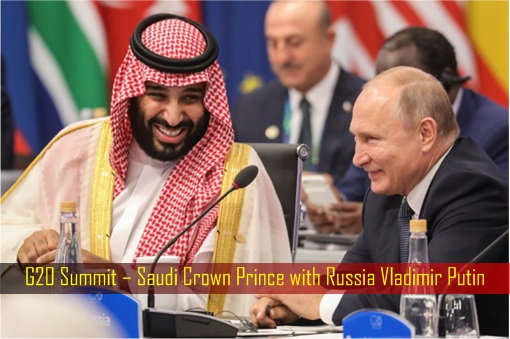
More importantly, if Saudi-led OPEC helps the West weaponizes the cartel to control the energy price that the Kremlin can sell, what is there to stop the West from using the same weapon on the OPEC in the future? Without China, India, OPEC and Asian players on board, the scheme is a non-starter. When push comes to shove, Putin can always offer more discounts to friendly nations.
Once the Western nations put a cap on Russian oil, technically, it’s not illegal anymore to buy its energy. If Putin wanted to, he can punish the U.S. and its allies by cutting millions of barrels of oil to double the global price, but at the same time double the discounts to good friends like China or India. In the end, the West will pay twice the price while pro-Russian countries are not affected.
Janet Yellen’s aggressiveness in lobbying the price cap proposal has sent a very disturbing message – the U.S. is heading to a recession, despite her denial that a recession is not “at all inevitable”. If the EU’s plan to phase out Russian oil within 6 months will work and the U.S. can avoid a recession, the U.S. Treasury Secretary does not need to be so hard sell.
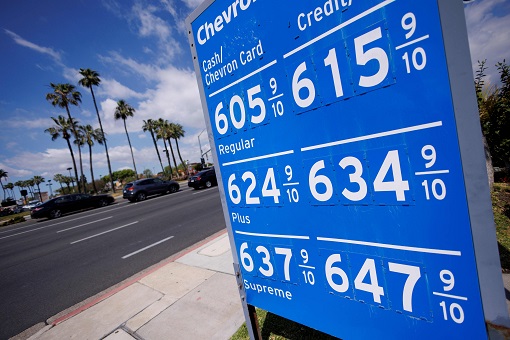
Other Articles That May Interest You …
- Oil Price Could Go Higher & Europe Could Be In Trouble – Putin Might Abruptly Cut Gas Supplies To The E.U. In Coming Weeks
- A Shift In Propaganda To Damage Control In Washington – Why President Biden & Western Media Making U-Turn Now
- Recession Inevitable – Federal Reserve May Slap 0.75% Rate Hike To Trigger A Recession To Try Fix Its Own Screw-Up
- Gloom & Doom Views From World’s Financial Elite At World Economic Forum – Russia Appears Winning Ukraine War
- Economic & Financial Meltdown Is Here – All Signs Lead To Recession, Stagflation, Jobless And A Repeat Of Dot-Com Bust
- Russia Cuts Off Gas To Poland & Bulgaria – European Gas Jumps 24% As Putin Starts Punishing “Unfriendly Countries”
- Some Of $3.4 Billion Weapons Sent To Ukraine Will End Up In Black Market – Others May Come Back To Haunt U.S. & Europe
- Ukraine Invasion – Putin’s Real Intention That Conventional Wisdom Have Failed To Comprehend
- U.S. Sanctions Fail – How Russian Currency Emerges Stronger Than Pre-War With A New Gold Standard
- Pay Gas In Ruble Or Else – Europe In Serious Trouble As Putin Retaliates Against Western Sanctions
- From Wheat To Oil & Gas – How Russia Invasion Of Ukraine Affects Europe’s Food Supply, And Even Your Loaf Of Bread

|
|
July 16th, 2022 by financetwitter
|


|

|

|

|

|

|







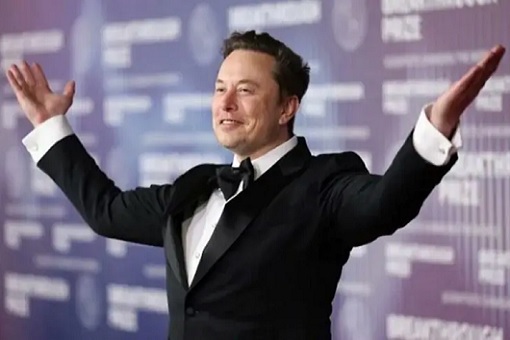




















Comments
Add your comment now.
Leave a Reply